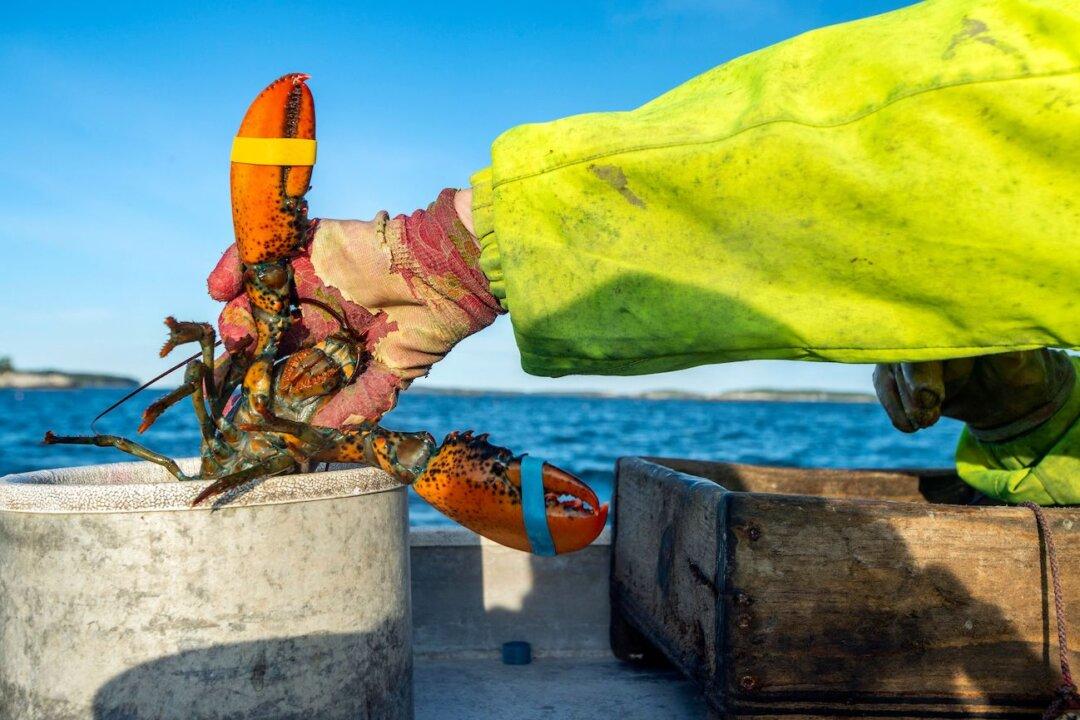The U.S. Supreme Court has ruled against lobster fishing entities who wanted the court to block new fishing restrictions in the Gulf of Maine designed to protect endangered whales.
Justice Stephen Breyer, who oversees emergency applications over issues before the 1st Circuit, on Dec. 3 rejected without comment the appeal by the Maine Lobstering Union and two lobster fishing companies.




